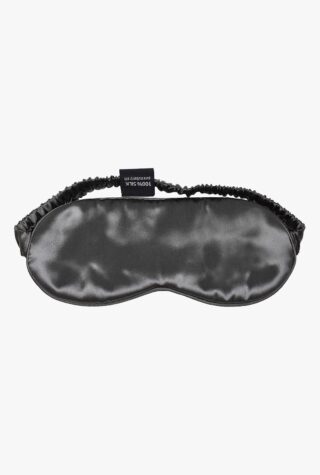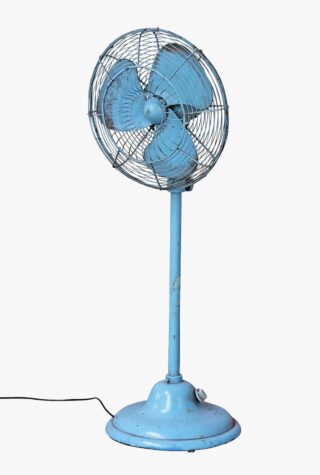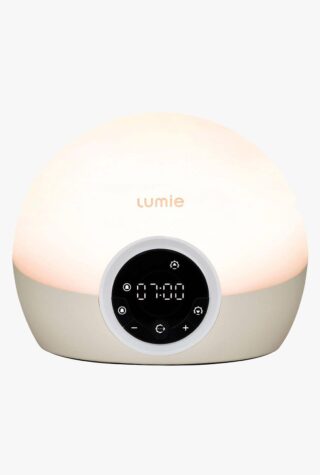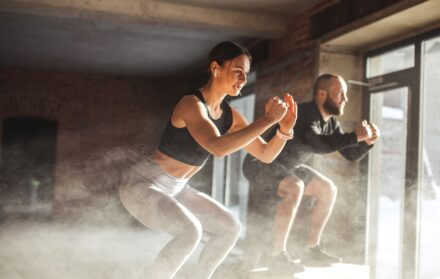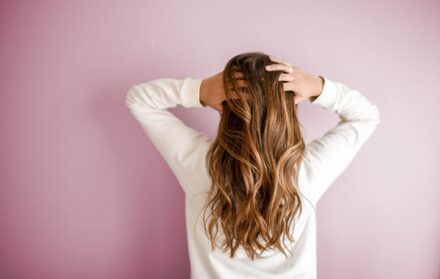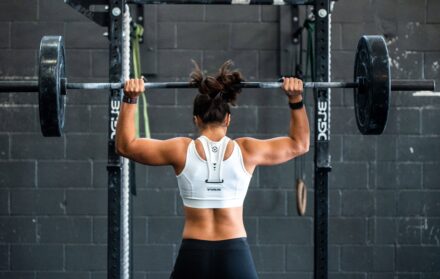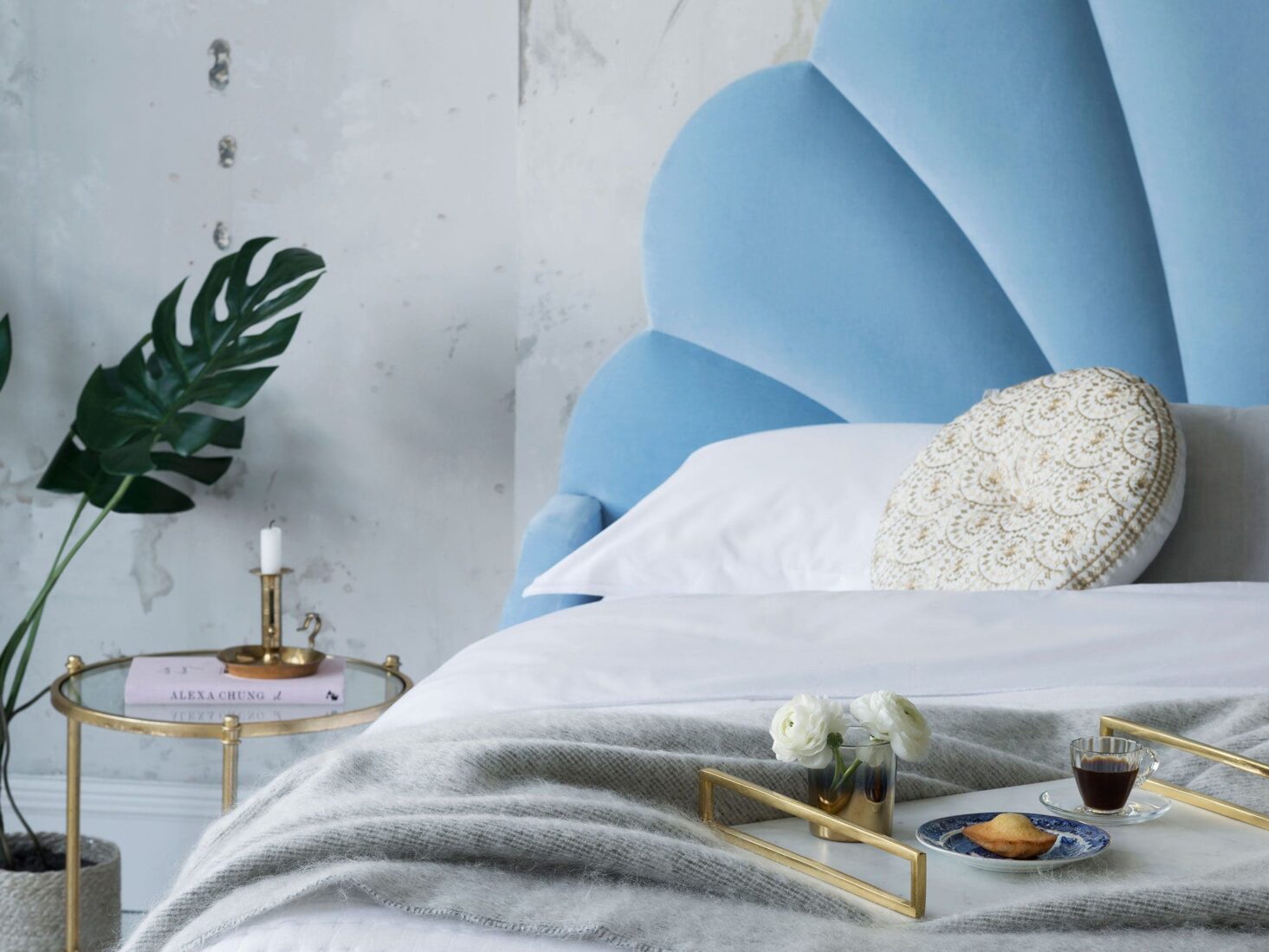
The experts’ guide to sleeping well in the heat
Find it harder to maintain a comfortable temperature at night during the summer? This is what the experts suggest you do and buy to stay cool
You know the feeling. The morning after the (bad night’s sleep) before, you might be hangry, down, short-tempered, fuzzy-headed or, worst case, all of the above. The side effects of a bad night’s sleep can threaten everything from workouts and motivation to relationships and big meetings; when you consider the average person spends about 26 years sleeping in their lifetime (plus about seven years trying to get to sleep), those bad nights add up.
Difficulty falling and staying asleep, in some cases insomnia, can affect everyone, even the likes of Madonna and George Clooney, and while Margaret Thatcher famously got by on four hours sleep, that’s far from ideal when it comes to physical and cognitive function the next day. With the sun set to make a return this month, we asked three experts – Silentnight’s resident sleep guru Dr Nerina Ramlakhan, Savoir’s expert Dr Rebecca Robbins and The Sleep Geek, James Wilson – for their sleep hygiene advice, especially during the warmer summer months.
What are the basics, when it comes to a good night’s sleep?
If you have trouble sleeping, whatever the weather, Dr Ramlakhan has five ‘non-negotiables’ to try for seven to 10 days, in the first instance. Have breakfast within half an hour of getting up; moderate caffeine intake; drink at least a litre and a half of water every day; reduce tech activity 60-90 minutes before bed; and commit to going to bed by 10pm at least four or five times a week. Several, if not all, of these may seem obvious but committing to the basics makes all the difference when it does get hot and harder to sleep.
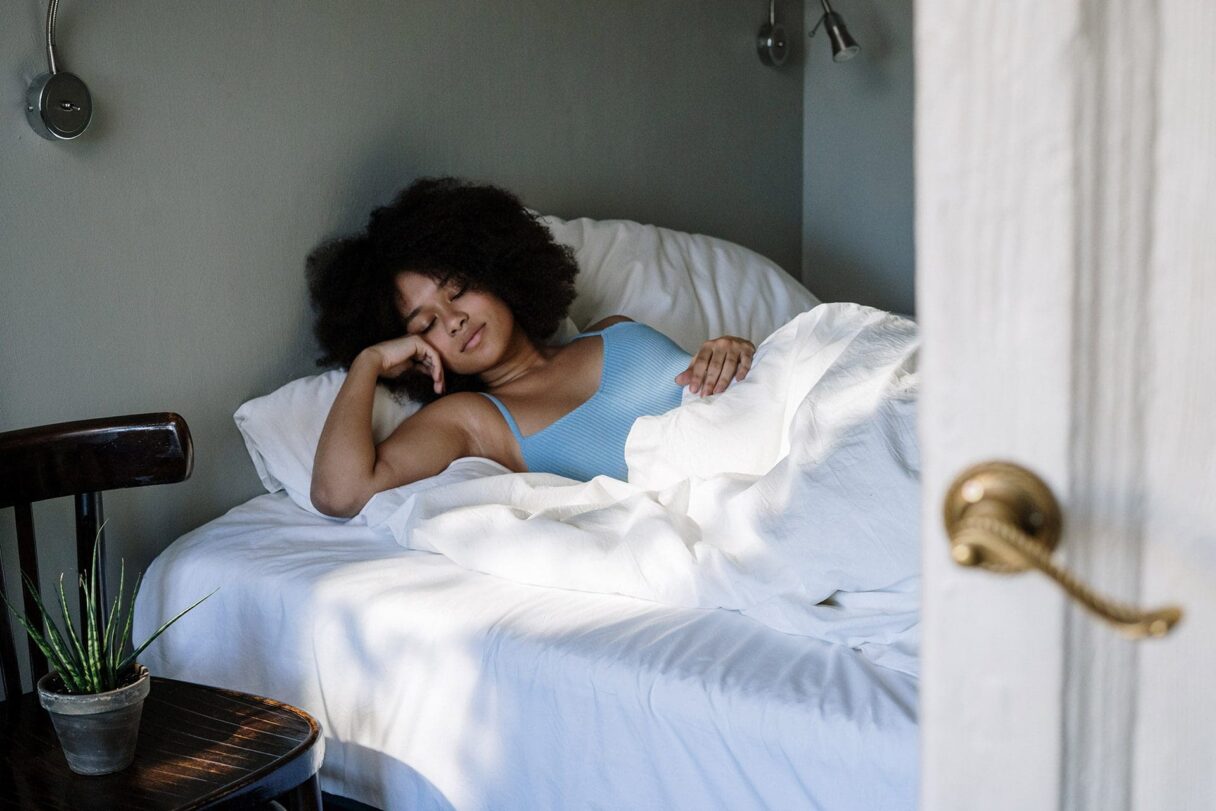
Is sleep affected by what kind of sleeper we are?
James Wilson asks us to consider our sleep type: are we an owl (a late type sleeper), a lark (an early type sleeper) or a typical sleeper (somewhere in the middle)? The best way to work this out is to consider if you feel alert and energetic at 10 or 11am (as long as we have a typical 9-5 work pattern); if we do then we have had enough sleep. Stick to a consistent wake-up time.
What matters most when it comes to your sleep environment?
All three experts agree it’s important to take time to choose the elements of your sleep environment and take any steps you can to make your bedroom darker, cooler and more comfortable. The right bedding, bed linen and blinds are as important as our living room sofa or any of the other items we might have spent ages choosing. Rule out being woken by light by finding a luxe sleep mask – at Luxury London we are total converts and a sleep mask is a gamechanger in the light summer months (unless you enjoy being woken by a 4.50am sunrise).
What should we take into account when buying bedding and bed linen?
Savoir’s sleep expert Dr. Rebecca Robbins recommends breathable materials, not just for bedlinen, but also for your mattress. “Your body temperature usually varies according to the sleep stage,” she explains. “Naturally breathable materials are essential to maintaining your normal body temperature at the sleeping surface, channelling moisture away and in turn, improving the quality of your sleep. Natural fibres also allow airflow, keeping you cool during the warmer nights.”
Many sleep-related neurons in the brain are highly temperature sensitive, she adds, so an unsupportive mattress, or a mattress that retains heat, will limit the quality of sleep. Savoir’s Climate Control mattress protector is made from Tencel, a natural fibre derived from wood pulp; a clever material that absorbs moisture efficiently. When it comes to the mattress and topper, natural materials such as wool, horsetail, cashmere and cotton all breathe exceptionally well, preventing you from getting too hot.
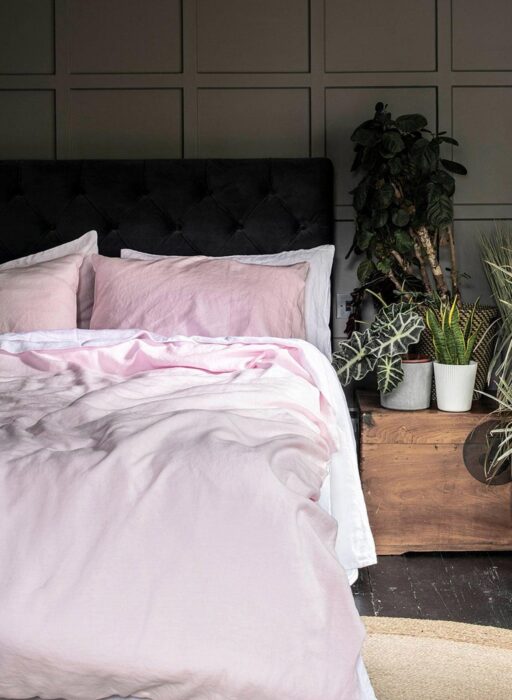
Image: Swoon Editions
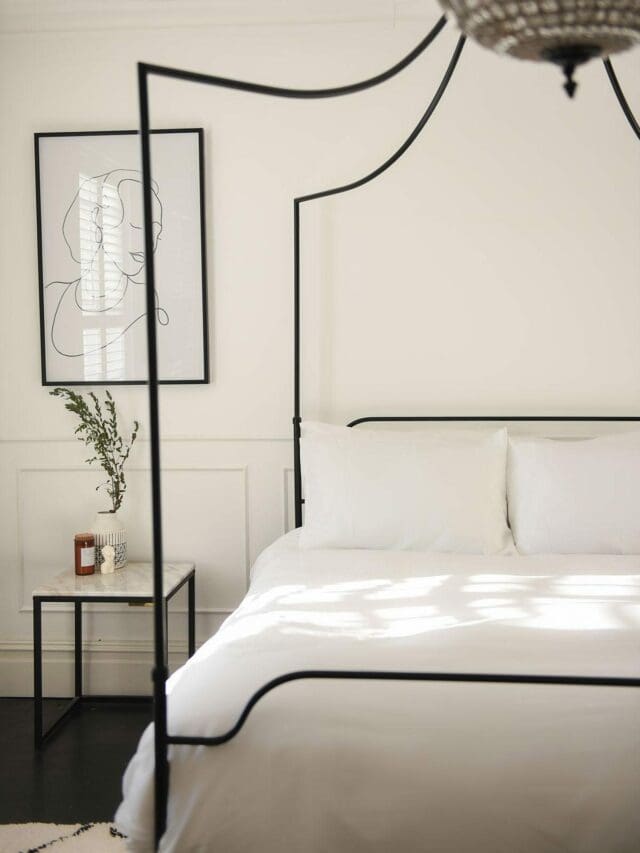
Image: Linen Bundle
Having a seasonal bed routine is important too; opt for a lighter duvet and bed linen for the warmer months. Dr Ramlakhan suggests a low-tog duvet, such as the Silentnight Anti-Allergy 4.5 tog duvet. Silk duvets and cotton bed linen are naturally cooling and ultra-lightweight; pure fibres soft to the touch efficiently wick moisture away from the skin. Pillow choice is another major factor to consider when you sleep, says Dr Ramlakhan, especially if you struggle with neck pain; she recommends the Silentnight Firm Support Pillow. Ideal for side sleepers, it helps to maintain natural spinal alignment while you sleep.
We spend more time on or under our pillow, duvet and mattress than anything else we own, but we don't give the decision enough consideration, Wilson points out. When it comes to mattresses, it is about finding something that works for each of us on an individual basis. “If you are a hot sleeper, steer clear of foam or latex as these materials prevent airflow and can keep you up. Consider a zip and link mattress where both people have a side that suits their body shape and sleep posture. Buying from somewhere that lets you take it back, or works with you to get the right mattress if the first one doesn't work is a must. I have a bespoke sleep system from a company called Unik Bed, a Finnish company which is an expert in sleep ergonomics.”
What should we do if we wake up during the night?
Follow the 30-minute rule, recommends Wilson. "If we have been awake for 30 minutes and not gone back to sleep, we need to reset our minds, let our mind wander, rather than wonder. I have found the best way to do this is to listen to something like a spoken word book, especially one you have already read.”
How can we stay cool at night when it’s really hot?
Dr Ramlakhan has plenty of tips for dealing with a heatwave and it pays to think ahead: “During the day, stop your bedroom from overheating by keeping curtains and blinds closed, and keep yourself well hydrated. Take a cold or lukewarm shower, or wash your feet and run your wrists under cold water, before getting into bed. Place a wet flannel in the fridge an hour before getting into bed and then lay it on your forehead. Keep a plant mister containing water by your bed to spray on your face during the night. Use a fan and place it so the air is blowing over a tray of ice – this will cool the room down as the ice begins to melt.”
Should we ditch our phones and switch to old-school alarm clocks?
Not necessarily, says Wilson, cautioning that this piece of prescriptive advice is not strictly based on facts. "It has been suggested for a number of years that the light phones give out impacts on our body’s ability to understand that it is night time, but recent studies have debunked this, as the light given off doesn't mimic the sun as claimed and the light loses its impact if you have exposed yourself to natural daylight during the day. The bigger issue with your phone is what you choose to do on it. If you look at social media or check work emails, this will not help. However, your phone has some useful tools to help you sleep, such as meditation apps, sleep-inducing podcasts or spoken word books. So remove your phone from the bedroom if it works for you, but my experience is smaller behaviour changes are easier to put in place and stick to.”
Wilson concludes by imploring us not to worry too much about a poor night’s sleep in the heat. “One of the biggest things that stops us sleeping in the heat is worrying about not sleeping in the heat. Even if we have a couple of bad nights, it will get cooler again; we do live in the UK!”
Read more: The best pyjamas for sleeping in the heat
